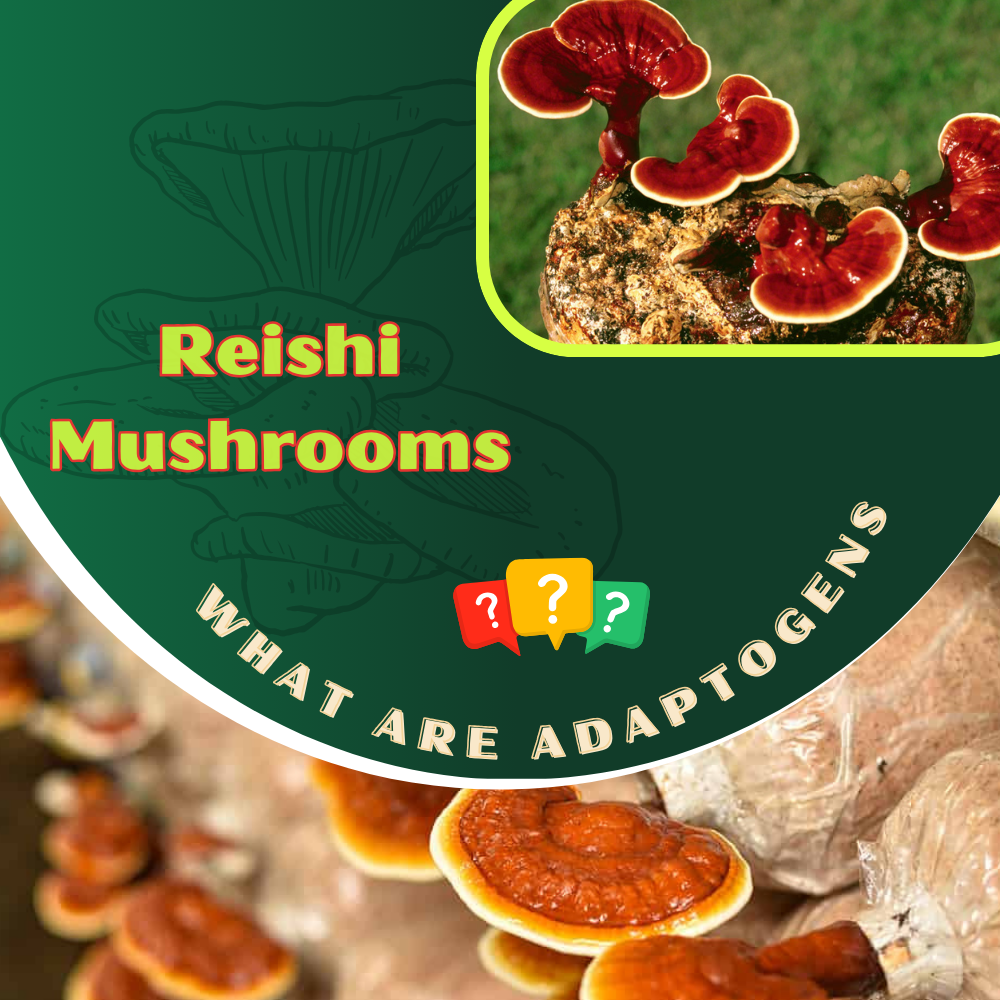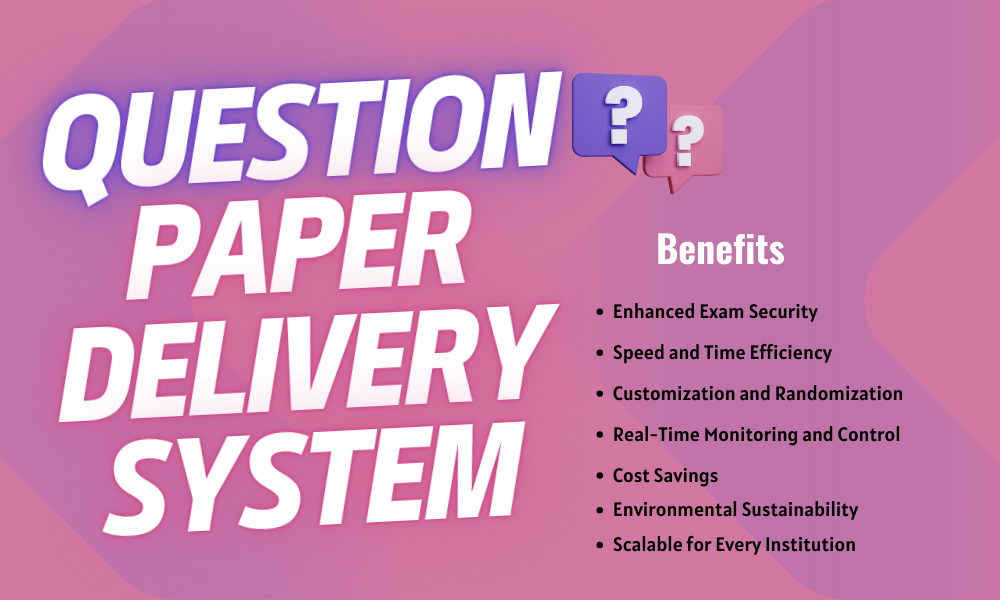Adaptogens Explained: Are Ashwagandha and Reishi Mushrooms Worth the Hype in Ayurveda ?
What are Adaptogens? The Science Behind the Hype
Adaptogens are plant-based substances that enhance the body’s capacity to manage physical as well as mental stress while fostering general stability. They are frequently extracted from herbs, roots, or fungi. Adaptogenic plants have long been used in conventional medical practices like Chinese medicine and Ayurveda to promote the body’s therapeutic response and increase resilience. Recently, adaptogens have garnered renewed attention in the wellness space for their role in overall resilience, both physical and mental.

Adaptogenic substances work by either aiding or inhibiting parts of the hypothalamic-pituitary-adrenal (HPA) axis, which is responsible for how the body reacts to environmental stimuli or stress. For example, cortisol is a stress hormone released during periods of stress. An adaptogen would help regulate cortisol levels. They do not permanently inhibit or overstimulate the HPA axis but help stabilize it, allowing it to bounce back more quickly.
Unlike typical stimulants or relaxants, which have general stimulant or sedative effects, adaptogens generally promote normalization in the body. If you are tired, you may feel more energetic after using them; if you are anxious, you may feel calmer. The normalizing effect of adaptogens is due to their bi directional qualities, which make them very unique.
As modern life becomes increasingly demanding, people are searching for natural alternatives to reduce stress, increase focus, and boost immunity to maintain balance. Adaptogens such as ashwagandha and reishi mushrooms are being consumed in teas, lattes, and smoothies, and are also being integrated into skincare ranges, demonstrating that there are many more ways to experience adaptogens as they enter everyday wellness alternatives.
Anchored in traditional wisdom and new evidence, adaptogens are more than just a fad – they are poised to become a foundational element in holistic health.
Ashwagandha: The Stress-Busting Wonder
Ashwagandha, or Withania somnifera, is one of the best-known adaptogens in Ayurveda, frequently referred to as “Indian ginseng.” Because of its capacity to control cortisol, a hormone intimately associated with stress response in the body, ashwagandha is especially prized for its ability to relax. There is extensive support for this claim, notably a 2019 randomized trial published in the Journal of Medicine. According to the scrutiny, ashwagandha greatly reduced stress and enhanced the standard of adults’ sleep.
In addition to stress management, ashwagandha maintains hormonal levels, improves mental clarity, and helps manage fatigue. It is a commonly used adaptogen among those who experience burnout or sleep disorders, because it eases the mind without sedation. For over 3,000 years, it has been used as a panacea in Ayurvedic medicine, where it is believed to increase life span and energy. As ingested through capsules, powders, or teas, ashwagandha continues to thrive for its holistic and evidence-based approach to wellness and emotional balance.
Reishi Mushrooms: The Immune-Boosting Tonic
Reishi mushrooms (Ganoderma lucidum) are known as a “mushroom of immortality” in Traditional Chinese Medicine for good reason. They’ve been revered for hundreds of years because of their potential to stimulate the immune system, find tranquility in the mind, and provide overall vitality. As a fruiting health fungus, Reishi is filled with important bioactive compounds—triterpenes, polysaccharides, and peptidoglycans—that modulate immune health. In other words, these compounds help the body adaptively respond to infections, downregulate inflammatory responses, and support the body’s natural detoxification systems. As one systematic review described in 2014, printed in Pharmacological Reports, Reishi may enhance the immune response and reduce fatigue in those with chronic disease.
In addition to friendly immune support and benefits beyond that, Reishi is one of the most well-known and widely used functional mushrooms for sleep quality and anxiety. Its calming properties have made it widely available as a nighttime support supplement, ranging from teas to capsules to support rest and relaxation.
While true immortality may not be where you will find it, Reishi is an important holistic part of strengthening both body and mind, and increasingly part of the expanding world of functional mushrooms and natural wellness.

Hype vs. Reality: What Experts & Research Are Saying
Adaptogens, such as ashwagandha and reishi mushrooms, have experienced an exponential rise in popularity, but many of the claims about their positive benefits lack solid scientific backing. Numerous anecdotal experiences and marketing assertions omit critical pieces of the puzzle, including what the research indicates or has yet to confirm!
Ashwagandha has gained considerable traction due to claims that it reduces stress levels; research confirms it lowers cortisol levels, yet while some studies demonstrate significant results, not all individuals agree on the relevance of these effects. Experts suggest that more rigorous, long-term clinical studies are necessary before more definitive conclusions can be drawn regarding ashwagandha
specifically.
Ashwagandha is a perfect complement to everyday routines because the clean girl aesthetic lifestyle places a strong emphasis on self-care, simplicity, and holistic health. This age-old cure, whether taken as a powder Clean Girl Aesthetic Lifestyle, capsule, or tea infusion, promotes the balanced energy and natural glow that characterize the ideal of effortless, clean beauty. The aesthetics’ primary objectives of promoting both inner health and exterior clarity are perfectly aligned with the integration of ashwagandha.
Similarly, reishi mushrooms have garnered attention for their immune-boosting properties, calming effects, and sleep benefits. However, while there is a wealth of traditional usage and at least some studies suggesting they help reduce inflammation and improve sleep, they may not offer as much scientifically proven benefit as many believe.
Ultimately, adaptogens like ashwagandha and reishi have several benefits, but it’s important for the consumer to also exercise caution and be realistic. Individual results vary with any supplement, and what works for one person may not work for you.
Conclusion
In conclusion, adaptogens such as ashwagandha and reishi mushrooms do offer some appealing potential benefits for stress reduction, immune system support, and overall health. And, while there is historical use and emerging research supporting many of the claims surrounding their use, consumers need to keep a balanced view. The conversation surrounding these natural remedies tends to gravitate more quickly than the underlying scientific evidence, so it is important to be as informed as possible in managing expectations. As with any supplement, effects vary from individual to individual and even for the same individual over time. Incorporating adaptogens into a balanced set of habits or a wellness program consisting of healthy eating, exercise, and self-care can be accomplished with substantial benefit to your health.
Author’s Bio
Author Nikita is professional content writer; she is always exciting to express thoughts & insights into wonderful words on various topics.


















